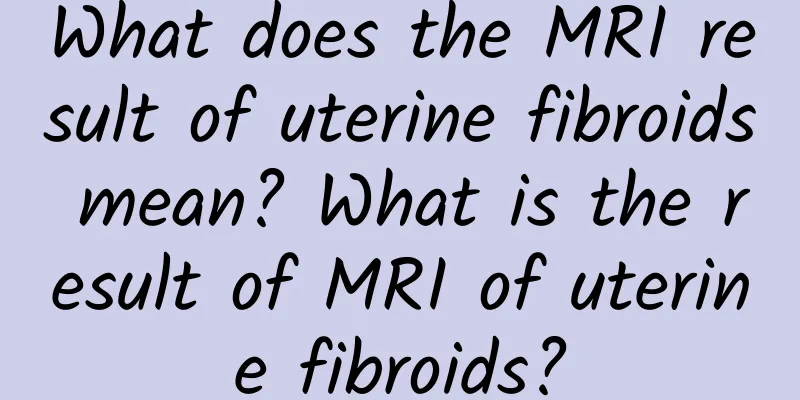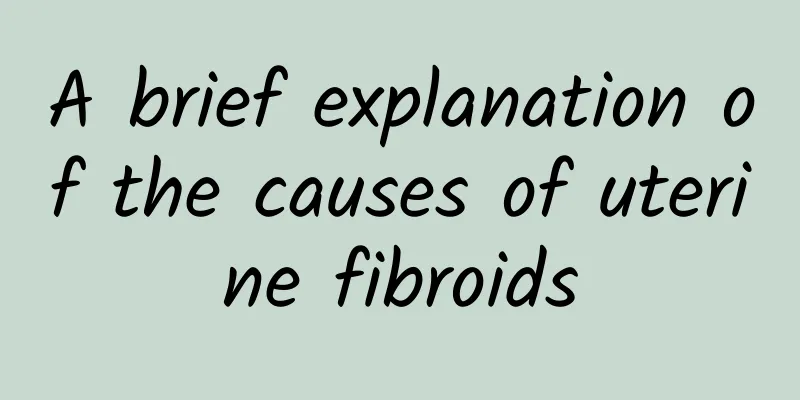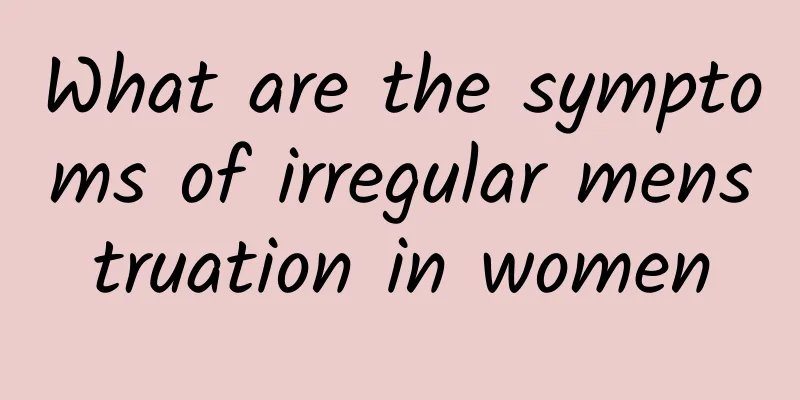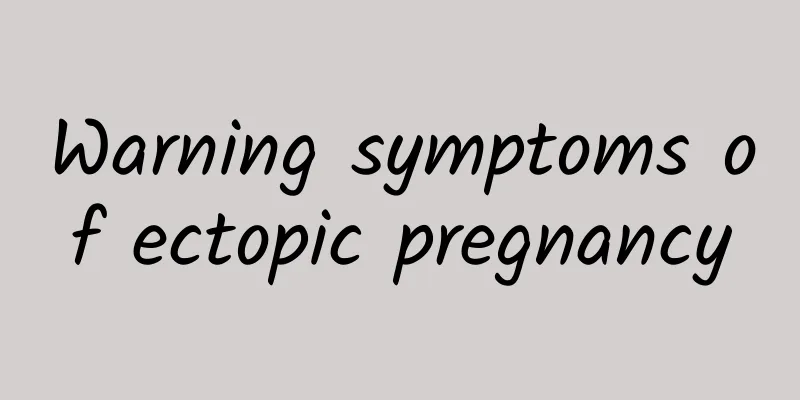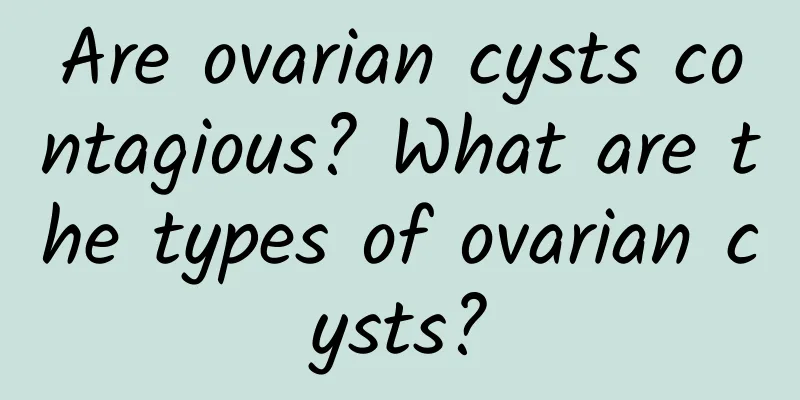Is it normal to still feel pain after Bartholinitis swelling subsides?
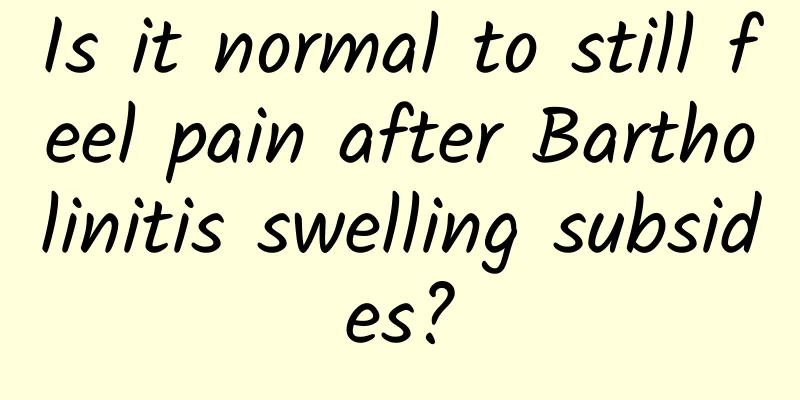
|
It is common to feel pain after the swelling of Bartholin's gland subsides, which may be related to incomplete inflammation or local tissue damage. Treatment recommendations include continuing anti-inflammatory treatment, local hot compresses, and maintaining personal hygiene to reduce the risk of infection. 1. The common reason for pain after Bartholinitis swelling subsides is that the inflammation has not completely subsided. Bartholinitis is usually caused by bacterial infection. Even if the swelling subsides, there may still be slight inflammation or congestion in the local tissue, causing persistent pain. This pain usually manifests as dull pain or aching, especially when touched or moved. Continuing to use antibiotics or anti-inflammatory drugs such as cephalosporins, amoxicillin, etc. can help completely eliminate inflammation. 2. Local tissue damage is also one of the reasons for pain after swelling subsides. During the inflammation process, the Bartholin's glands and surrounding tissues may be damaged. Even if the swelling subsides, the damaged parts still need time to repair. At this time, hot compress can promote local blood circulation and accelerate tissue repair. The hot compress method is to apply a warm water bag or a hot towel to the affected area for 15-20 minutes each time, 2-3 times a day, and be careful to avoid burns. 3. Incomplete control of infection may cause recurrent or persistent pain. If the treatment is not standardized or the medication is stopped too early, the bacteria may not be completely eliminated, causing the inflammation to recur or become chronic. It is very important to have regular follow-up visits and complete the antibiotic course as prescribed by the doctor. At the same time, keep the vulva clean and dry, and avoid using irritating lotions or excessive cleaning to reduce the risk of infection. 4. Psychological factors may also aggravate the pain. Chronic pain or recurrent inflammation may cause psychological stress, making you more sensitive to pain. Relaxing your body and mind, maintaining a positive attitude, and seeking psychological counseling support when necessary can help relieve the discomfort caused by pain. It is common to still feel pain after the swelling of Bartholin's glands subsides, but the pain will gradually ease through standardized treatment, local care and psychological adjustment. If the pain continues to worsen or is accompanied by other abnormal symptoms, you should seek medical attention for further examination. |
<<: How to treat cervical cysts and ovarian cysts quickly
>>: How to eliminate the symptoms of uterine fibroids and ovarian cysts
Recommend
Being called fat makes you fatter! The probability increased by 2.5 times
People who are often teased as "fat" by...
What are the symptoms of postmenopausal women?
Modern women are under great pressure in life. Th...
Obesity is the root of all diseases, and it is difficult to lose weight if you have weak genes! Recognize the 5 major obesity physiques, losing weight is no longer difficult
Obesity is the root of all diseases! According to...
What do you know about the causes of dysmenorrhea?
What do you know about the causes of dysmenorrhea...
Can I use my phone after having an abortion?
You can watch your phone after an abortion, but n...
How to prevent dysmenorrhea in women
Dysmenorrhea is a very common phenomenon for wome...
Pre-abortion examinations are very helpful for women
If an unexpected pregnancy is discovered, painles...
Can naked flower purple bead capsule treat pelvic inflammatory disease? It can also treat
After pelvic inflammatory disease occurs, you can...
How long does it take to recover from a hysteroscopic abortion?
How long does it take to recover from a hysterosc...
Will ovarian cysts affect pregnancy? What should I do if I have ovarian cysts during pregnancy?
Will ovarian cysts affect pregnancy? What should ...
I went back to work directly after the painless abortion.
Painless abortion is a common method of terminati...
What causes uterine fibroids? Can oral contraceptives also cause uterine fibroids?
Uterine fibroids is a well-known disease. With th...
What are the main symptoms of ovarian cysts?
Ovarian cysts are a common gynecological disease ...
Remedies for irregular menstruation
Patients with irregular menstruation can use many...
Do you know what causes cervicitis?
There are many causes of cervicitis. Common cervi...


